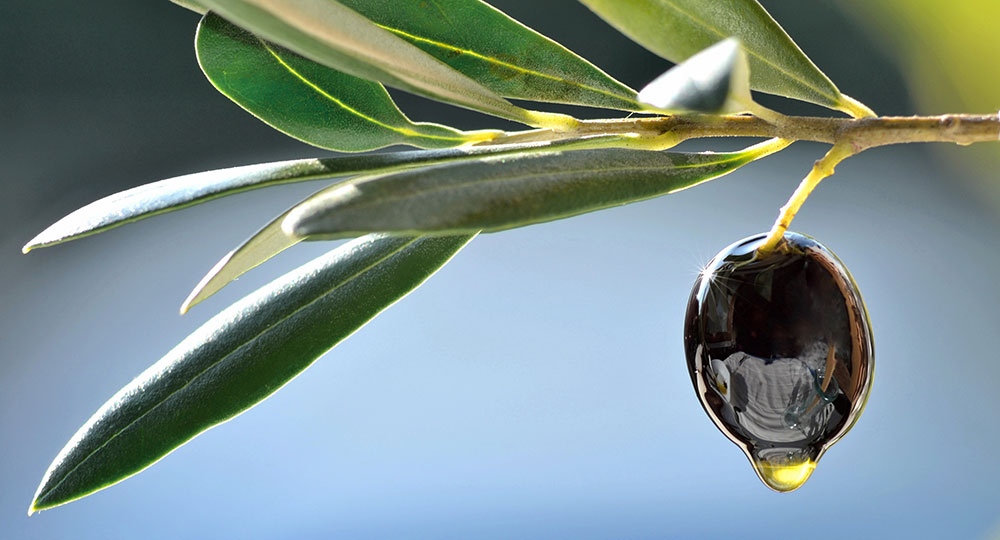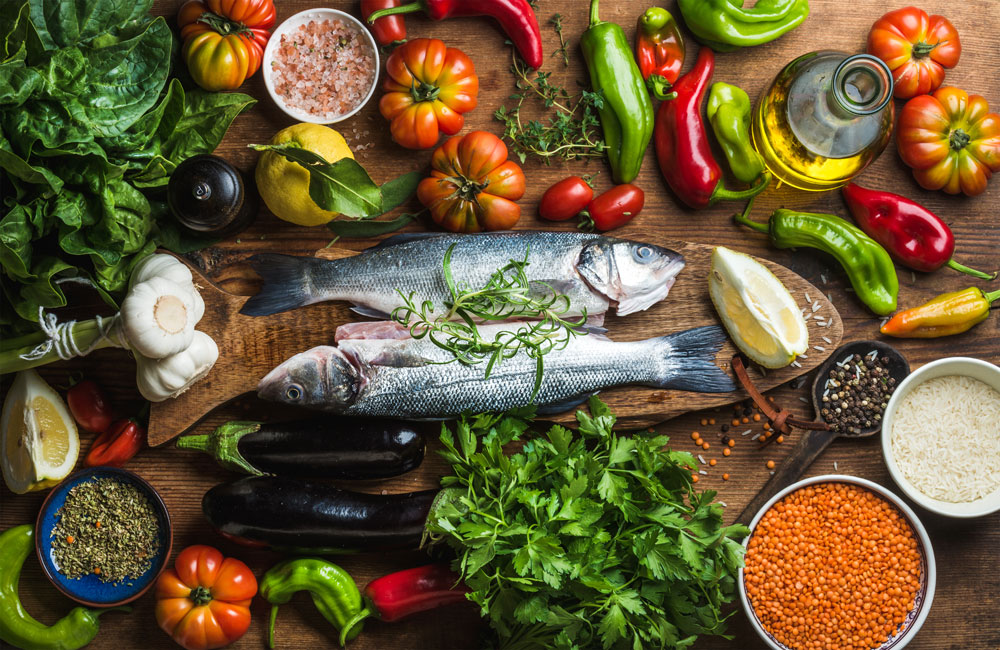Many of us are aware of the importance of eating healthily, and as a result of this consciousness, a myriad of diets has been birthed to address various health concerns. From the low-carbohydrate Atkins diet, which focuses on lowering the body’s insulin levels, to the popular paleo diet, which advocates eating the same foods as our hunter-gatherer ancestors as we were genetically designed to, there has hardly been a time when such great attention is given to food and ingredients.
The Mediterranean diet has received greater attention in recent years, with scientists claiming that an adherence to it may help lower or even prevent the onset of Alzheimer’s Disease and other forms of dementia. Research presented by the University of California at the Alzheimer’s Association International Conference 2017 (AAIC) revealed that healthy older adults with an average age of 68 who followed the Mediterranean or the similar MIND diet lowered their risk of dementia by a third, and the more they stuck to the diet, the more they functioned cognitively. “Eating a healthy plant-based diet is associated with better cognitive function and around 30% to 35% lower risk of cognitive impairment during aging,” said lead author of the study Claire McEvoy.
Going Mediterranean For Dummies
The Mediterranean diet has its roots in the traditional cuisine eaten by people from countries like Greece and Italy in 1960. It is characterised by foods that provide high levels of vegetable fats like extra virgin olive oil, whole grains, seeds, beans, and nuts, and emphasises on large amounts of vegetables. Fresh fruits are eaten as dessert, while yogurts and cheese are the main dairy sources that provide calcium. The diet also focuses on a moderate protein intake, with lean sources like fish and poultry preferred over red meat. Red wine is still allowed, although drinking in moderation – no more than one drink for women and two for men daily – is encouraged.
So what makes the Mediterranean diet a dementia-friendly option to consider? Making vegetables like broccoli and fruits like berries a staple means that your meal plan is guaranteed to pack lots of antioxidants, which help to fight free radicals in the brain that contribute to aging and neurodegenerative disorders. Needless to say, olive oil is an indispensable part of a Mediterranean diet and is highly lauded for its various health perks, among which being its dementia-friendly properties.
Researchers at the Temple University’s Lewis Katz School of Medicine found mice with diets enriched with extra virgin olive oil had better memories and learning abilities compared to those which didn’t consume the oil. Olive oil staves off memory loss and preserves learning faculty by reducing brain inflammation and removes intracellular debris and toxins, which are firm indicators of Alzheimer’s Disease. Thankfully, if there is one item the Mediterranean diet doesn’t lack, it’s olive oil.

Lastly, studies have shown that consuming fish once or twice a week may help keep your mental function in check. Fatty fish like salmon provides a high dose of omega-3 fatty acids, which besides significantly lowering the risk of heart disease, also stimulates blood flow to important areas of the brain responsible for learning and memory and prevents brain inflammation.

Enemies Of The Plate
Should you choose to give the Mediterranean diet a go, avoiding unhealthy foods and ingredients is just as crucial as eating the right ones. Sugar is the number one item off your dinner table, which means saying goodbye to candies, cakes, ice cream, table sugar, and similar sources. Refined grains like white bread and certain pastas also has to make way for whole grain foods. The same applies to oils, with olive oil preferred over refined options like soybean oil and canola oil. Stay clear of processed foods, even if they claim to be “low-fat”.
Like all diets, it is a matter of going with what ultimately suits you and your needs, and there is not one that is perfect and wholly effective. We do not endorse a particular diet, and as with all foods, eat in moderation.



